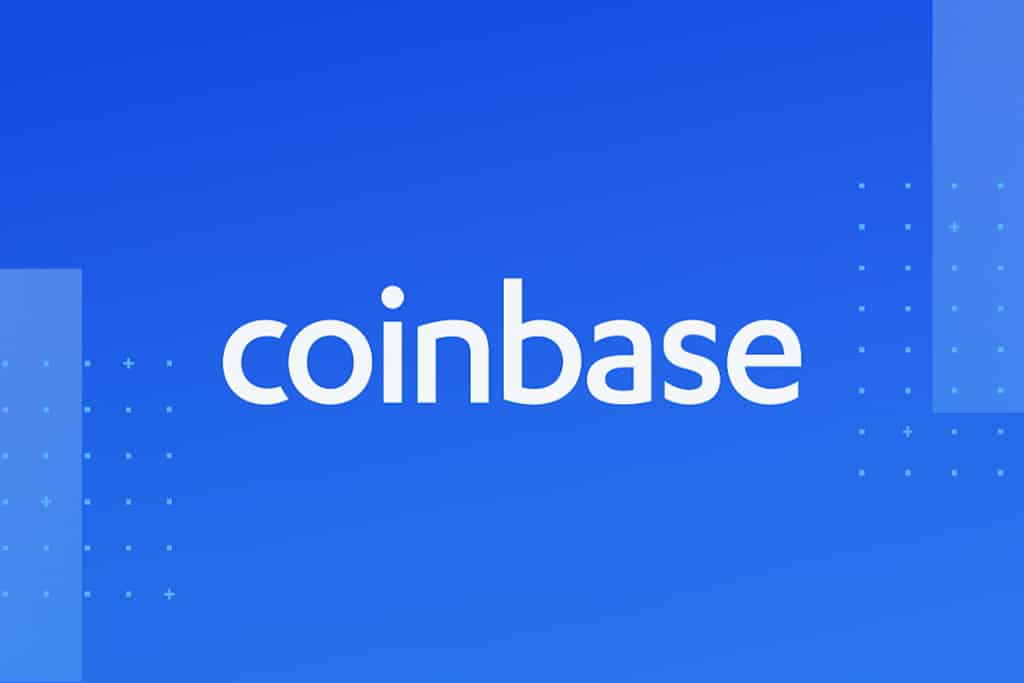
The proposal is written under the assumption that the signatories to the Consensus 2017 Scaling Agreement are genuinely committed to the terms of the agreement and intend to enact the updates described therein.
A new Bitcoin improvement protocol (BIP) has surfaced from the Core mailing list which includes Barry Silbert’s scaling solution.
Silbert had earlier proposed to end the scaling deadlock and came under strong criticism. His opponents claim that the decision looks like a “compromise” rather than a full-fledged solution.
Major criticism came from MIT’s Jeremy Rubin, who enumerated 30 reasons why Silbert’s idea was “flawed.”
Core developers Greg Maxwell and Eric Lombrozo didn’t support the idea as well. Maxwell referred to the plan as “FrankenSegWit” while Lombrozo opposed to the closed-door nature of Silbert’s meeting.
“I was invited to that meeting but gave a precondition that nothing is to be signed and no decisions on consensus rules are to be made,” he said, adding that he “was not taken up on that offer.”
The yet unnumbered BIP proposes a user-activated soft fork (UASF) August 1, as was included in BIP148, with a two-megabyte hard fork locking in six months later.
“This proposal is written under the assumption that the signatories to the Consensus 2017 Scaling Agreement are genuinely committed to the terms of the agreement and intend to enact the updates described therein,” the introduction to the above-mentioned mailing reads.
Bitcoin Unlimited proponent Roger Ver also expressed his disapproval of the plan despite his Bitcoin.com website and mining pool signing up to Silbert.
The BIP’s author Calvin Rechner has done his best to avoid any possibility of infighting while discussing the latest roadmap.
“As such, criticisms pertaining to the chosen deployment timeline or hard fork upgrade path should be treated as out-of-scope during the initial discussion of this proposal,” he said.
Many express disapproval of SegWit in Twitter. Bitmain CEO and Bitcoin Unlimited supporter Jihan Wu stated that the fees using the technology would be “unfairly cheap.”
You will find that the canonical block is less than 1MB but your tx fee is so high, after SegWit is activated. SegWit tx is unfairly cheap
— Jihan Wu (@JihanWu) May 28, 2017
SegWit is a scaling solution that was offered by the Bitcoin Core development team. It comes in the form of a soft fork, a forward compatible upgrade that can work even if some users don’t update their software (without resulting in a chain split).
“As transactions that use segwit features begin to be used, this change will allow more data to be included per block (with 100% of transactions using segwit features this is expected to be about 2MB of data per block, however in the worst case could be up to 4MB of data per block). In so far as it allows a greater transaction volume, it can be expected to increase the UTXO database more quickly (with 100% of transactions using segwit features, the rate of increase might be expected to approximately double; however because segwit is a soft fork, the worst case UTXO growth is unchanged)”, the Bitcoin Core team says. (Update from August 01, 2017: the result of heated debates became Bitcoin Cash)
The SegWit will be activated if it gets a 95% miner approval. While it is not strictly necessary, it minimizes the risk of future forks or double spends after SegWit activation.

